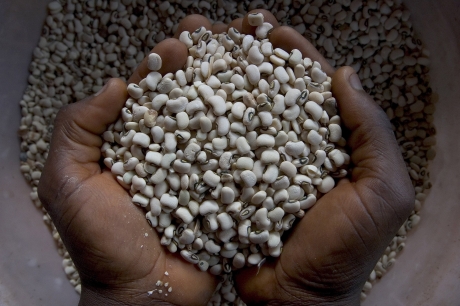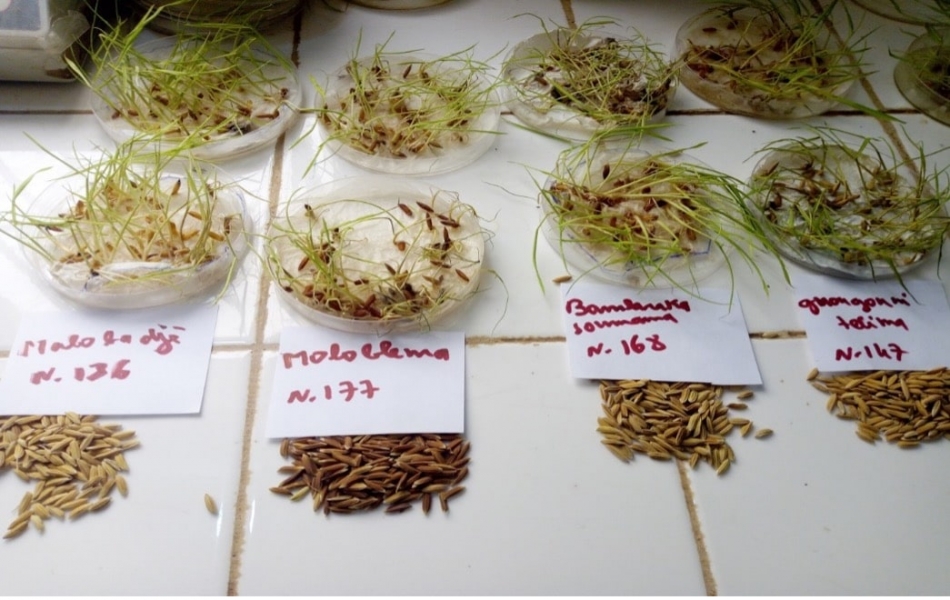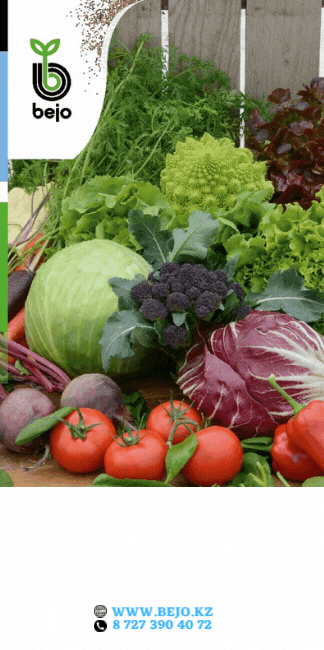
FAO helps farmers around the world conserve and use plant genetic diversity, reports World of NAN.
Fewer than 200 of the thousands of varieties of fruits and vegetables constitute a significant portion of the food produced globally. What happens when climate change, invasive species, pollution, urban sprawl or overexploitation of land weaken these species, reducing their ability to bear fruit or survive into the future? The answer is simple, their demise will be detrimental to future food production.
"Diversity is the guarantee that we have food. It is crop biodiversity that underpins the resilience and sustainability of the world's food systems," FAO said.
In this context, the Benefit-sharing Fund, established by the FAO International Treaty, supports farmers in developing countries in the use of plant genetic diversity.
 For example, Ecuador, thanks to traditional crops adapted to the Andean highlands, has become a micro-center of agricultural diversity. However, 45 indigenous communities in this area have had to face climate change and soil degradation, which has worsened the range of local crops. The UN agricultural organization has now created two biological knowledge centers in Ecuador to facilitate access to locally adapted seeds, where 30 farmers are being trained as seed producers. This project helps more than 1,500 farmers and revives local and better adapted plant species for home consumption and commercialization.
For example, Ecuador, thanks to traditional crops adapted to the Andean highlands, has become a micro-center of agricultural diversity. However, 45 indigenous communities in this area have had to face climate change and soil degradation, which has worsened the range of local crops. The UN agricultural organization has now created two biological knowledge centers in Ecuador to facilitate access to locally adapted seeds, where 30 farmers are being trained as seed producers. This project helps more than 1,500 farmers and revives local and better adapted plant species for home consumption and commercialization.
But it is not the only example, as in Ghana, seven new varieties of vigna have been developed with FAO involvement, which was on the verge of extinction due to drought and the weed called striga. In Malaysia, the taro root vegetable was on the verge of extinction due to changing climatic conditions and disease. But the world's experts created five seed funds to guarantee the protection of taro seeds and allow them to be shared with neighboring farming associations.
In general, drought is one of the global problems in agriculture today. In Mali, for example, 80 percent of rain-fed rice fields have been severely affected by drought. This has threatened food security in the country and the survival of some varieties of rice and millet. The Benefit Sharing Fund, through the Institut d'Economie Rurale, is working with local producers and communities in 69 villages to conserve 266 local rice varieties and determine which species will produce the maximum yield to withstand drought and excessive flooding. Farmers are getting better access to these varieties, and these seeds were also recently sent to the Svalbard World Seed Vault, a protected seed bank in the Norwegian Arctic that acts as a backup to preserve seed biodiversity.
In this way, by supporting the sustainable management of crop genetic resources in developing countries, the Benefit Sharing Fund has increased food security and improved the livelihoods of over a million people.
Смотрите больше интересных агроновостей Казахстана на нашем канале telegram,
узнавайте о важных событиях в facebook и подписывайтесь на youtube канал и instagram.






































 For example, Ecuador, thanks to traditional crops adapted to the Andean highlands, has become a micro-center of agricultural diversity. However, 45 indigenous communities in this area have had to face climate change and soil degradation, which has worsened the range of local crops. The UN agricultural organization has now created two biological knowledge centers in Ecuador to facilitate access to locally adapted seeds, where 30 farmers are being trained as seed producers. This project helps more than 1,500 farmers and revives local and better adapted plant species for home consumption and commercialization.
For example, Ecuador, thanks to traditional crops adapted to the Andean highlands, has become a micro-center of agricultural diversity. However, 45 indigenous communities in this area have had to face climate change and soil degradation, which has worsened the range of local crops. The UN agricultural organization has now created two biological knowledge centers in Ecuador to facilitate access to locally adapted seeds, where 30 farmers are being trained as seed producers. This project helps more than 1,500 farmers and revives local and better adapted plant species for home consumption and commercialization.


Обсуждение